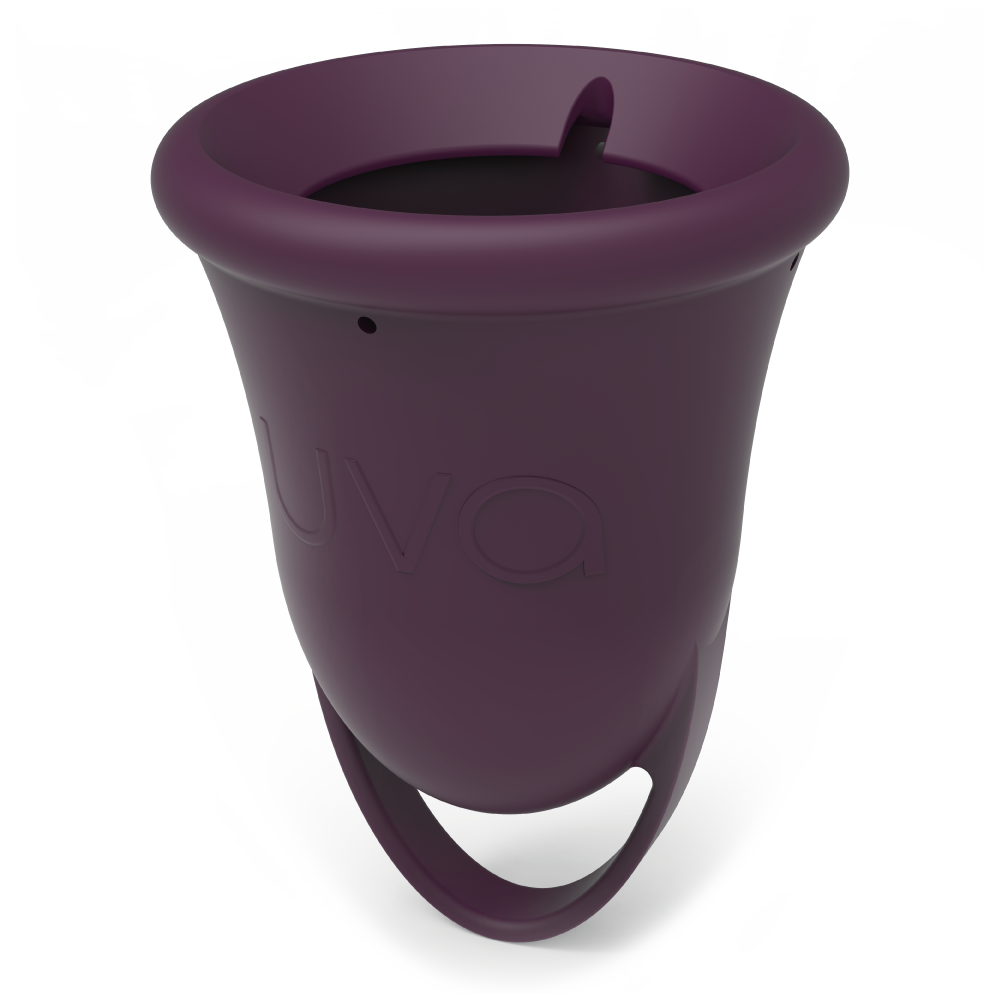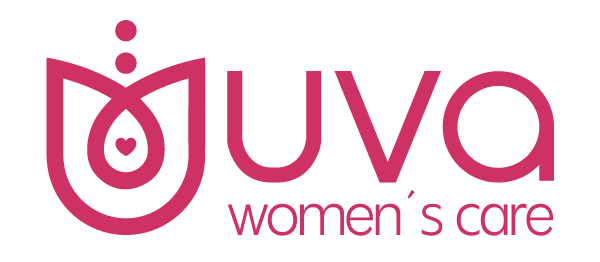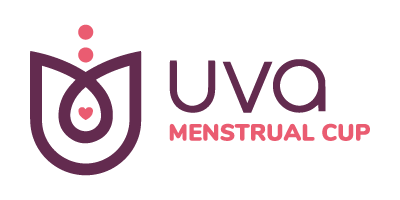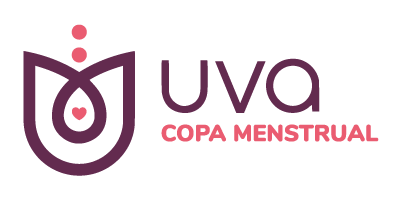 Store
StoreRECOMMENDED PRODUCT
Uva Menstrual Cup
Ultra-soft silicone for your comfort and peace of mind.
$29.99

 How to use the cup
How to use the cup- FAQ
- Blog
 Store
StoreRECOMMENDED PRODUCT
Uva Menstrual Cup
Ultra-soft silicone for your comfort and peace of mind.
$29.99

 How to use the cup
How to use the cup- FAQ
- Blog

What to expect from Menstruation after 40
Upon reaching the age of 40 years old, many women experience significant changes in their period and menstrual cycle that can raise doubts and concerns. Understanding these changes is important to managing them properly and maintaining a healthy lifestyle. In this article, we will explore the most important aspects of having your period at age 40, from hormonal variations to practical advice to face this stage with confidence and serenity.
What Changes to Expect in Menstruation at 40 Years Old?
The fourth decade of a woman’s life is accompanied by transformations in her menstrual cycle. It is common to observe alterations in the regularity, duration, and intensity of bleeding. These changes are indicative that the body is beginning the transition to menopause, also known as perimenopause.
During perimenopause, estrogen and progesterone levels fluctuate, which can lead to shorter or longer cycles than usual. Some women may experience heavier periods, while others notice a decrease in menstrual flow. It is essential to be alert to any significant changes and consult with a health professional to rule out conditions that require medical attention.
In addition to changes in the menstrual cycle, women at this age may face symptoms such as hot flashes, night sweats, sleep disturbances, and mood swings. These symptoms are a manifestation of the hormonal adjustments that are occurring in the body, and although they are common, each woman will uniquely experience them.
Management of Menstrual Symptoms at Age 40
The key to managing menstrual symptoms at this stage of life is to maintain a healthy lifestyle. Including a balanced diet rich in fruits, vegetables, and whole grains, exercising regularly, and ensuring adequate sleep are habits that can help mitigate symptoms. Additionally, relaxation techniques such as yoga and meditation can be beneficial for managing stress and improving emotional well-being.
It is also important to consider the possibility of hormonal treatments, always under the supervision of a health professional. Hormone replacement therapy (HRT) may be an option for some women, helping to balance hormone levels and relieve symptoms. However, it is essential to evaluate the benefits and risks of HRT with a specialist.
The Importance of Regular Medical Exams
As we enter the fourth decade, it is crucial to increase attention to women’s health. Regular medical exams, including Pap smears and mammograms, are essential to detecting any health problems early. These checkups allow for adequate monitoring of changes in the menstrual cycle and the identification of possible abnormalities.
In addition to screening tests, it is advisable to discuss vitamin and mineral supplementation with your doctor. Vitamin D and calcium are especially important for maintaining bone health, while iron supplements may be necessary in cases of very heavy menstrual periods.
Open communication with your gynecologist or primary care physician is essential. Don’t hesitate to ask questions or express concerns about menstruation or any other health-related aspect. A frank dialogue and a relationship of trust with the health professional are key to good health management at age 40.
Practical Tips for Menstruation at 40 Years Old
- Keep a menstrual diary to track changes and patterns in your cycle.
- Explore period-specific products at this age, such as higher absorbency pads, tampons, or menstrual cups.
- Consider wearing special period underwear, which offers an extra layer of protection and comfort.
- Incorporate foods rich in iron and folic acid into your diet to compensate for blood loss during menstruation.
- Seek support from groups of women going through the same stage, whether online or in the local community.
By addressing menstruation at age 40 with information and preparation, women can continue to enjoy a full and active life. This stage, although challenging, also offers the opportunity to reevaluate self-care and prioritize health and well-being. In conclusion, menstruation at age 40 is a natural phenomenon that, with the right knowledge and tools, can be managed effectively. The key is prevention, regular medical care, and a healthy lifestyle. By taking control of their menstrual health, women can face changes with confidence and continue to thrive in all areas of their lives.











